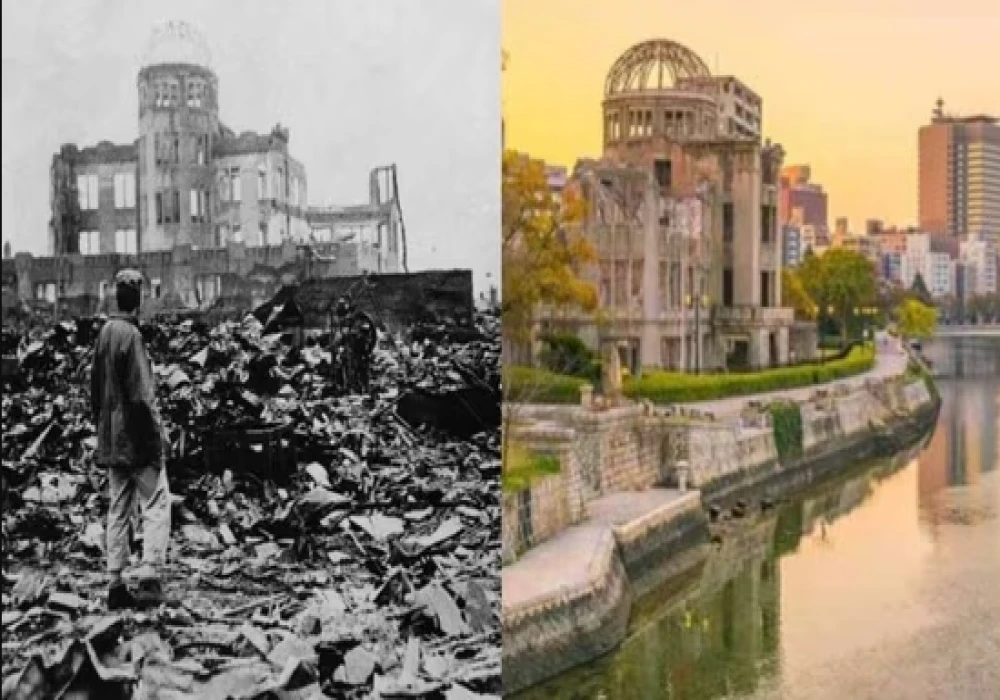
Hiroshima Day, observed every August 6, is a significant occasion to reflect on the devastating events of World War II when the atomic bomb was dropped on Hiroshima, Japan, in 1945. This year marks the 79th anniversary of the bombing, a tragic moment in history that serves as a powerful symbol of peace and resilience.
On August 6, 1945, the United States dropped an atomic bomb called 'Little Boy' on Hiroshima. This was the first time a nuclear weapon was used in warfare. The explosion caused immense destruction, killing an estimated 90,000 to 140,000 people instantly, with most of the victims being civilians. The impact was so severe that it wiped out about 39% of the city’s population. The aftermath included long-term health problems for survivors and generational defects affecting many families to this day.
Hiroshima Day is a solemn occasion that emphasizes the importance of peace and the need to prevent future nuclear conflicts. It serves as a reminder of the horrors of nuclear warfare and the significance of diplomacy and international cooperation in maintaining global peace. With only nine countries possessing more than 13,000 nuclear weapons, this day underscores the urgent need for disarmament and peaceful resolution of conflicts.
The Hiroshima Peace Memorial Museum is a central part of the observance, offering insights into the bombing's effects and the resilience of those who survived. The Peace Memorial Park hosts a ceremony where people gather to honor the victims. Activities include the release of doves and the ringing of the Peace Bell, creating a hopeful yet solemn atmosphere. This collective reflection and commitment to peace inspire a global movement towards a future where such tragedies never occur again.


